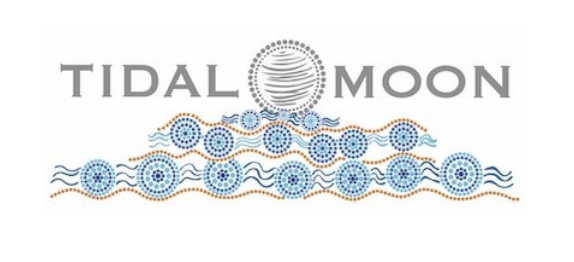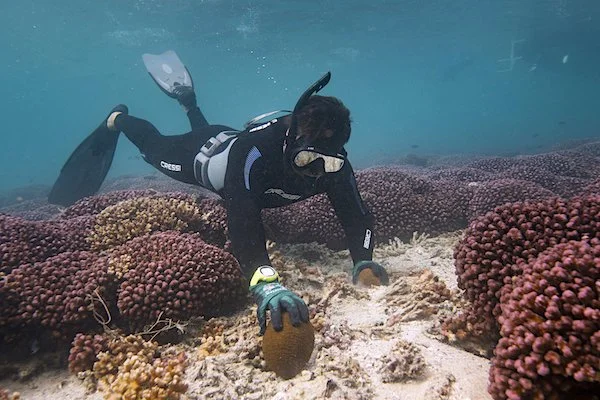Australian Geographic Features Tidal Moon
Established by Malgana Traditional Owners in Shark Bay in WA, Tidal Moon is a wild sea cucumber harvesting business that combines Western science with traditional land and sea management techniques. In 2017 it was granted an Aboriginal fishing licence to harvest sea cucumbers.
The company harvests six sea cucumber species in Shark Bay, including the deepwater redfish (Actinopyga echinites), black teatfish (Holothuria whitmaei) and the surf redfish (Actinopyga mauritiana). Divers hand-pick the sea cucumbers, which are later dried and sold from Tidal Moon’s Denham factory.
So far, 14 people have received dive training. “Once you train people up, they have those skills. That human capital cannot be confiscated; they take those skills on to other places, and they have an economic output,” says Malgana man Michael Wear, Tidal Moon’s managing director.
“The best feeling you get is to see the emergence of a middle class, to see people move out of poverty. It makes a big difference to health, family, children [and] just overall wellbeing.”
Tidal Moon is exploring Western medicine applications for sea cucumbers through partnerships with several universities and medical research institutions. The company’s factory is being upgraded to export standards. As the company scales up, Michael plans to breed sea cucumbers in a land-based facility, removing the need for ocean harvesting.
Extensive seagrass beds grow in the same ecosystem as sea cucumbers, so Michael also sees further opportunities for First Nations peoples in seagrass restoration. Seagrasses store up to 10 times as much carbon as rainforests, so Tidal Moon and its trained divers are poised to participate in the emerging ‘blue carbon’ economy.
In September 2024 Tidal Moon received a groundbreaking 13-year permit for seagrass translocation in the Shark Bay World Heritage Area, and in 2023, the company received a $2.2 million BHP Blue Carbon Breakthrough Grant.
“The work that we do, we do for many reasons, but one of them is for our Elders,” Michael says. “We know what they went through, and we want to make sure, before they go on, that they see Country has been looked after, and the next generation is keeping culture alive.”
It seems fitting that the humble sea cucumber, Australia’s oldest export, is set to be part of that positive future.

